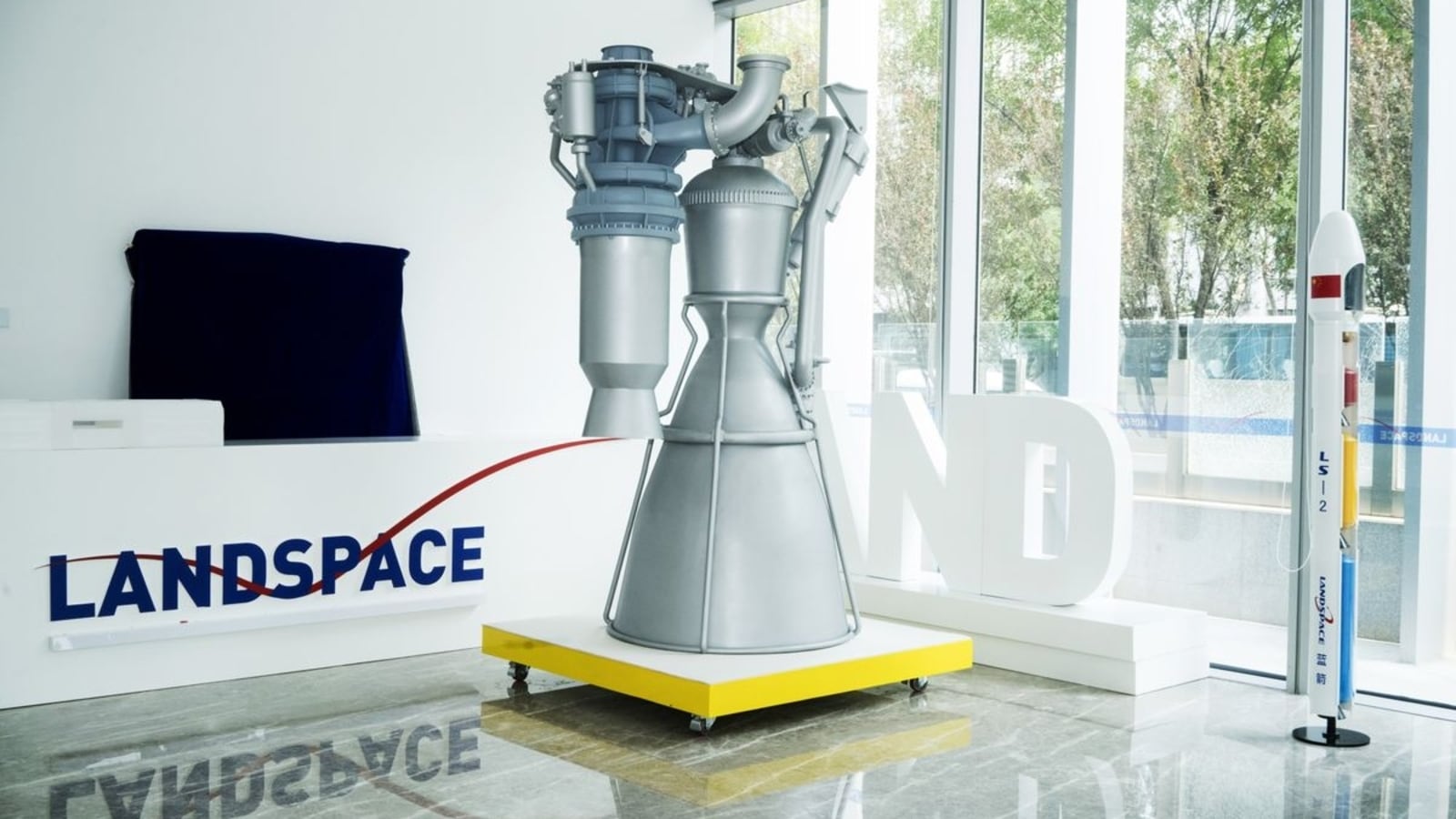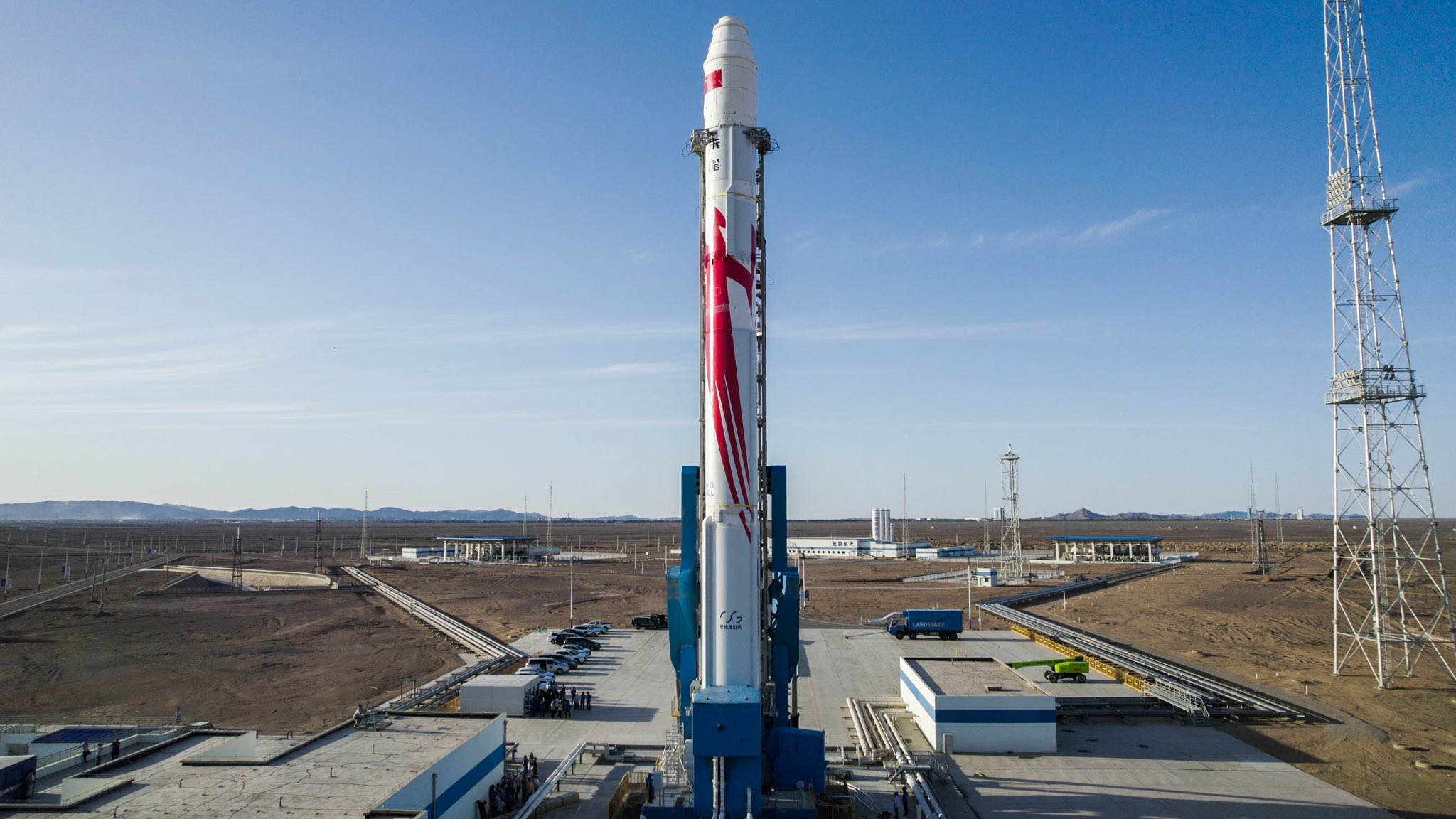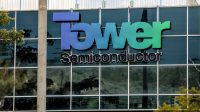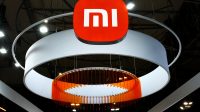LandSpace Technology Successful Satellite Launch

On a significant Saturday milestone, LandSpace Technology successfully launched three satellites into orbit, marking a pivotal achievement for the Chinese private rocket startup. The mission aimed to validate the readiness of their vehicle, which utilizes methane and liquid oxygen, for future commercial liftoffs.
This success holds the potential to instill confidence among investors in methane as a viable rocket fuel. Methane is considered capable of reducing costs and supporting reusable rockets in a more environmentally friendly and efficient manner.
Amidst China’s expanding commercial space industry, various private rocket startups are lining up test and commercial launches to meet the growing demand. This surge is fueled by the competition to establish satellite constellations as an alternative to projects like Elon Musk’s Starlink.
Zhuque-2 Y-3: A Successful Launch

The Zhuque-2 Y-3 rocket took off at 7:39 a.m. from the Jiuquan Satellite Launch Center in China’s Inner Mongolia region. This marked the third test for LandSpace’s Zhuque-2 and the first successful launch carrying satellites. LandSpace Technology had previously achieved a milestone in July by becoming the first company globally to launch a methane-liquid oxygen rocket, albeit without actual satellites.
The success of these two launches demonstrates the reliability of Zhuque-2 for commercial purposes, according to a statement from LandSpace. The three satellites launched reached a sun-synchronous orbit at 460 km, although specific details about their types and overall weight were not provided.
Zhuque-2 has the capability to transport payloads totaling 1.5 metric tons into a 500-km orbit, a capacity that LandSpace plans to increase to 4 tons in upgraded versions. The rocket carried two 50-kilogram test satellites developed by Chinese startup Spacety, one of which incorporates technologies from a company named Hongqing, as per a statement from Spacety.
Hongqing, in a separate statement, confirmed that one of its test satellites was aboard the rocket but did not disclose its weight. Both Hongqing-linked test satellites aim to contribute to the formation of a low-orbit satellite constellation, in which LandSpace holds a stake.
LandSpace Technology had a previous setback with the first launch in December of the Zhuque-2 Y-1, which failed. The startup, founded eight years ago, announced plans earlier this year to provide clients with around three launches in 2024, doubling that number in 2025.
Other Chinese startups are also making strides in the space race. OrienSpace is scheduled to debut its solid-fuel rocket, Gravity-1, in December. Meanwhile, Deep Blue Aerospace is developing a reusable kerosene-fueled rocket, aiming for its first test launch of the Nebula-1 rocket to orbit and recovery in the coming year.
On Tuesday, Galactic Energy successfully launched its solid-propellant rocket Ceres-1 with two satellites into orbit, marking a comeback after a failure in September and a series of successful launches earlier.
Read More (AI)








